CTRL+K
CTRL+K
Morocco is known for its colorful culture, long history, and delicious food. One of Morocco’s most popular treats is the Moroccan date. Dates are small, wrinkly fruits that have been loved for hundreds of years because of how sweet they taste, how many ways you can use them, and how healthy they are. Dates are grown in places like Goulmima, Zagora, and the Draa Valley, where the date palm trees grow well in the dry, hot weather and fertile soil. Also, they are a big part of daily life in Morocco.
The cultivation of dates spans millennia in Morocco’s history. The date palm, dubbed the “tree of life,” flourishes in Morocco’s arid climate, particularly the Sahara Desert oases and Atlas Mountain valleys. Ancient civilizations valued the date palm’s resilience and sustenance in harsh environments.
Moroccan dates have been integral to the region’s culinary heritage for generations. They feature prominently in Moroccan cuisine, both savory and sweet dishes, and are often enjoyed as a nutritious snack. From traditional tagines and couscous to indulgent desserts and pastries, dates impart a distinctive sweetness and depth to countless Moroccan recipes.
Dates hold cultural and spiritual significance in Moroccan society beyond their culinary value. Hospitality and generosity are symbolized by offering dates to guests, reflecting a tradition of sharing food communally. This symbolic gesture is especially meaningful during Ramadan for Muslims in Morocco and worldwide, who break their fast with dates and water, emulating Prophet Muhammad’s practice. Nutritionally, dates provide a natural energy source with essential nutrients, making them an ideal choice to replenish the body after fasting.
Moroccan dates are tasty and good for you in many ways. They have lots of important vitamins, minerals, and fiber that make them a healthy food to eat. Dates have a lot of potassium, magnesium, and antioxidants that help keep your heart healthy, help your body digest food properly, and make you feel well overall. Studies show that eating dates regularly can lower cholesterol, keep your blood sugar steady, and improve your digestion. Besides all these benefits, dates are naturally sweet, so you can enjoy their delicious flavor instead of eating sugary treats. This makes them a great choice if you want to cut down on sugar but still satisfy your sweet tooth with a wholesome snack.
Morocco’s date cultivation industry is deeply rooted in tradition and cultural importance while increasingly adopting sustainable farming methods. As climate change poses challenges for agricultural productivity, Moroccan farmers employ innovative techniques to ensure the long-term viability of date palm groves. Water-saving practices like drip irrigation, which delivers water directly to plant roots, are implemented to address water scarcity in arid regions like Goulmima, Zagora, and the Draa Valley. Furthermore, organic farming methods are gaining popularity, reducing reliance on chemical fertilizers and pesticides. Additionally, initiatives focused on soil conservation and erosion control are being implemented. These initiatives safeguard the fragile ecosystems where date palms thrive. By prioritizing sustainability in date cultivation, Morocco preserves its rich agricultural heritage and ensures a resilient future for its farmers and the environment.
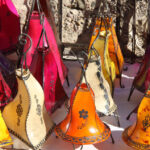
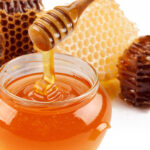
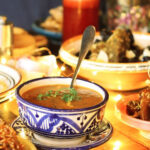


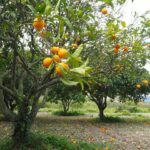





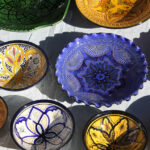

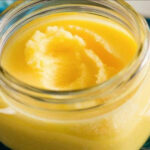
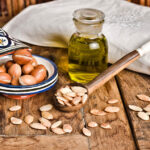







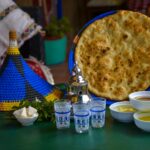

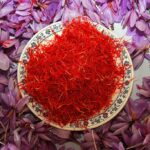




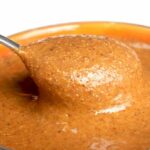

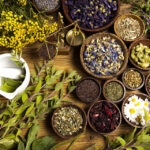

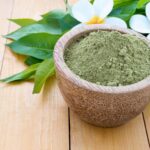
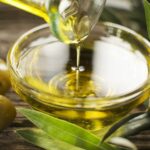

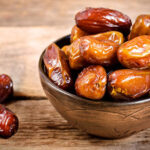
There are no results matching your search.
Reset